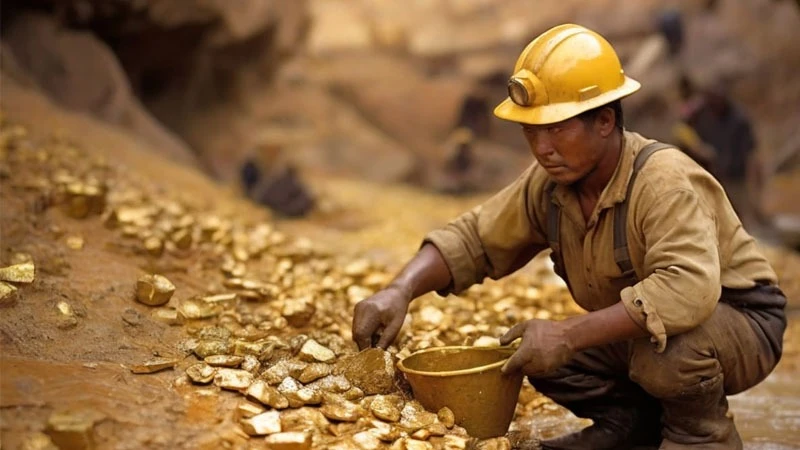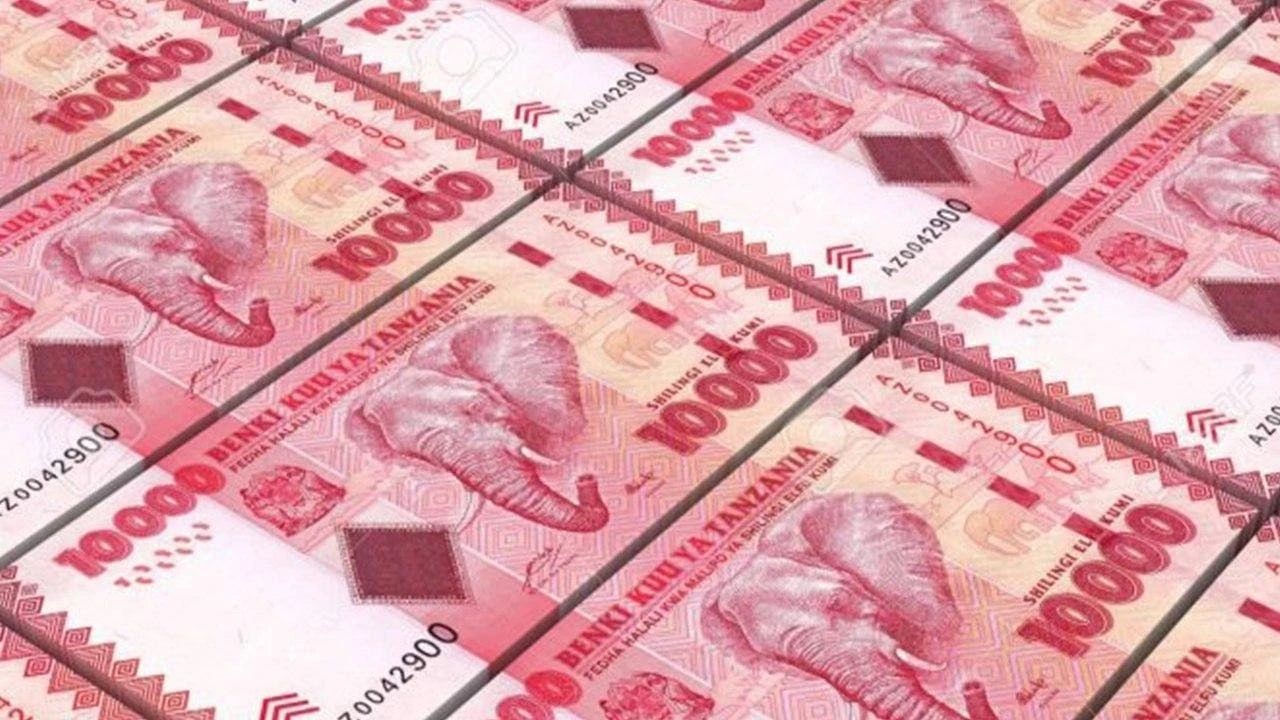Taking up 20 percent local gold output boosts shilling resilience

NEWS that four pivotal agreements have been signed with gold mining firms with the Bank of Tanzania (BoT) to purchase 20 percent of all gold mined and refined within the country will appear rather late for some observers. Yet there is no need to be critical that the measure was somewhat belated, as gold is also a commodity which we need to sell outside, as revenues depend not on the gold sales to the central bank but to other countries. The point is that the situation is now more urgent, with less aid flows and a more unpredictable global situation.
Definitely the step is significant towards bolstering currency stability and easing markets drive for the mining sector, though in the case of gold there are ready made markets, unlike other products. But on the whole there is no mining sector dearth of markets, thus the issue is how far the government needs to keep a definite stock as booster for currency stability, or let mining companies sell the produce outside.
It is a matter of periodic review with monetary policy updates, tied up with the import and export outlook as a whole, or the government debt.
Those present at the ceremony were reminded of the legal formalities that there is a provision in the Mining Act that mandates local retention of minerals. Companies that signed agreements with the central bank include major industry players such as Geita Gold Mine (GGM) and Shanta Mining, along with sprouting gold refineries.
Yet the strategic advantage of being able to retain gold sales and even tanzanite depending on the situation doesn’t make Tanzania a rich country or a stable middle income economy. Retaining gold sales is the same as foregoing income, in which case it is an act savings, not earnings in any manner.
That is why one needs to look somewhat askance at some remarks by policy makers at the event, for instance that retaining 20 percent of gold produce is vital as it will further stimulate economic growth and uplift mining firms. Frankly it boosts the central bank’s protective cushion on the currency, and to obtain the gold it definitely has leeway of avoiding world market prices as it is a sovereign matter. Still the price has to be negotiated, and as a large buyer and also host of the mining company, there is a certain amount of goodwill that can be expected.
While it is perfectly understandable that the central bank or for that matter the government needs to significantly boost foreign exchange reserves, it is a different matter when top policy makers talk about solidifying national gold holdings. That amounts to a speculative hold on gold, well beyond currency stability in relation to export and import trends
in tandem with servicing the foreign debt. In other words a balanced monetary stance is to retain as much gold as we need to ensure that the set import period assurance for foreign exchange, usually four to five months of import capacity, remains stable. What compels an upward revision of the gold the central bank retains is an unpredictable global situation, and especially if the likelihood of the air clearing soon is doubtful.
Top Headlines
© 2025 IPPMEDIA.COM. ALL RIGHTS RESERVED

















